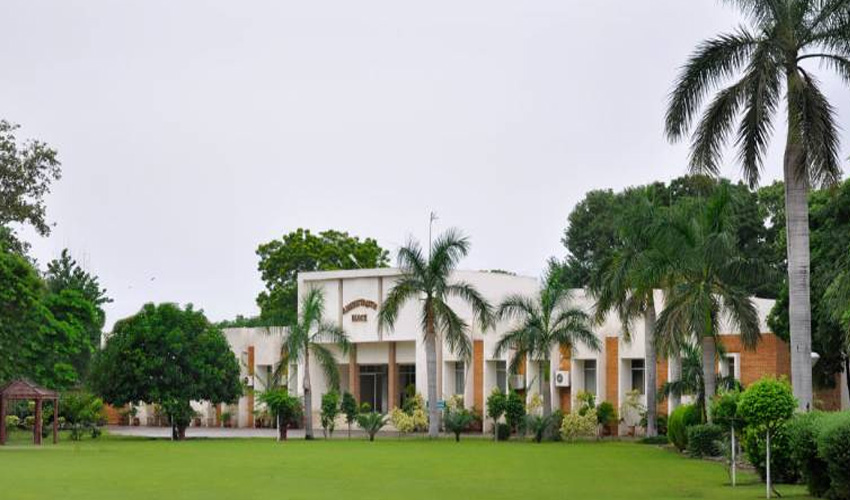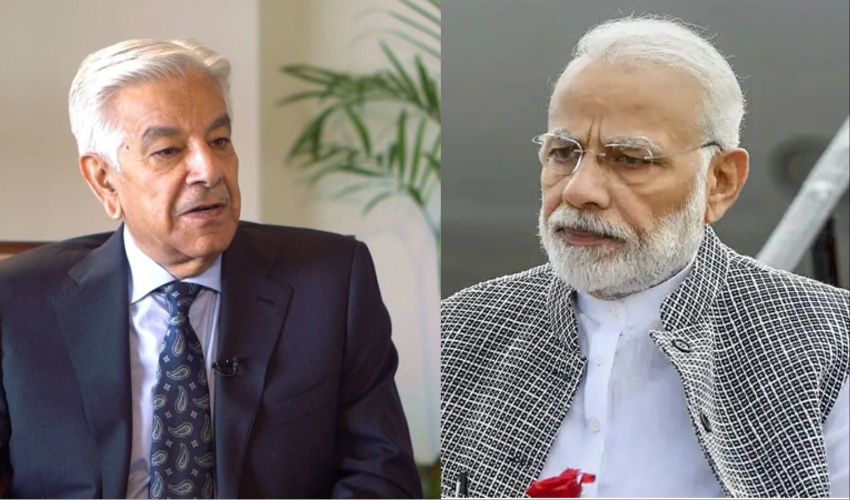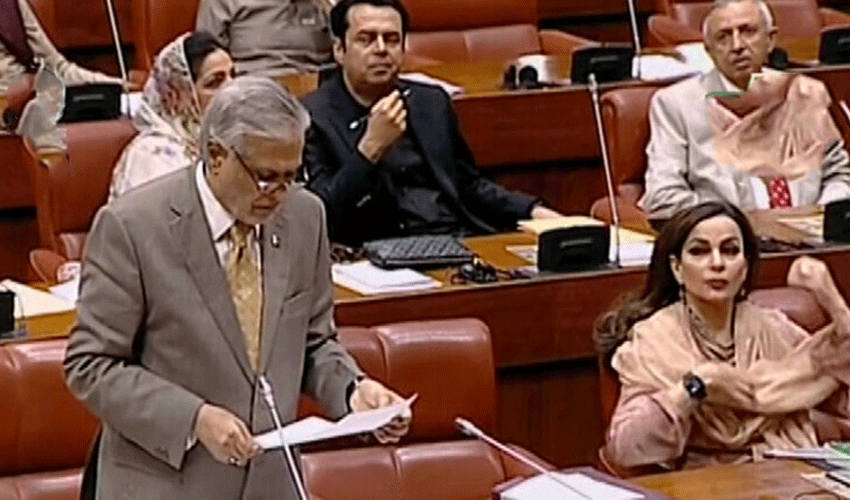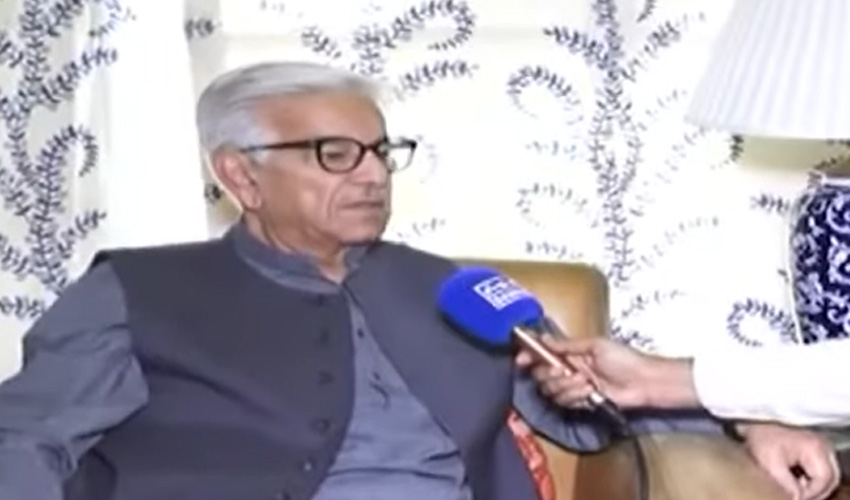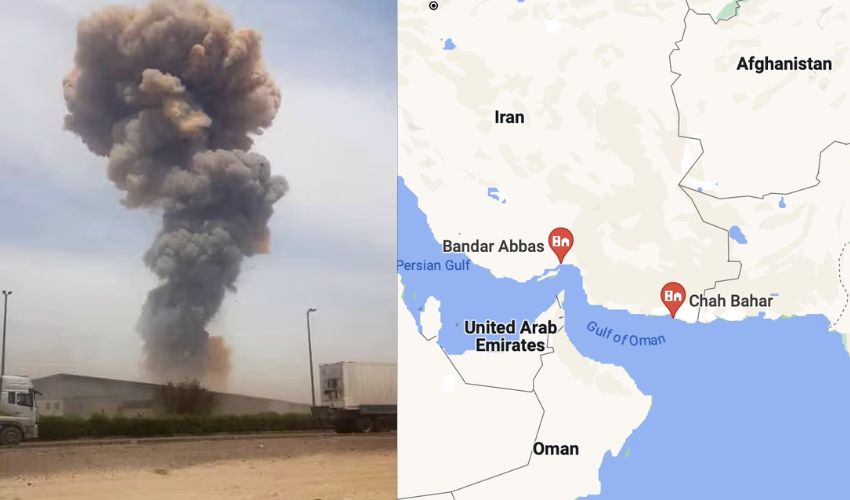In a bitter power struggle between the Directorate of Municipal Governance (DMG) and law enforcement officers, the efficacy of the anti-corruption establishment has been severely compromised, leaving provincial institutions vulnerable to malpractice and graft.
The longstanding rivalry between these influential factions within the civil service has rendered the anti-corruption department inactive, failing in its mandate to hold provincial institutions accountable.
This inertia has been exacerbated by recent amendments to the anti-corruption ordinance, stripping the department of crucial powers and slashing its budgetary allocations.
Reports indicated that regional offices of the anti-corruption agency have been left without even the basic resources, with funds for essential supplies such as petrol withheld. Consequently, investigative teams have found themselves immobilized, unable to conduct ground operations effectively.
The situation worsened with the implementation of amendments on December 1, requiring the anti-corruption agency to seek permission from department heads before taking action against government employees. This bureaucratic hurdle has significantly hampered the agency's ability to pursue cases of corruption effectively.
Moreover, the amended ordinance has imposed restrictions on the types of government officials against whom cases can be filed without prior permission. Even low-level employees such as deputy messengers, clerks, and soldiers now enjoy immunity from prosecution without the green light from higher authorities.
The controversy surrounding the anti-corruption department came to a head following the registration of cases against high-ranking officials, including Secretary of Excise Masood Mukhtar and Director General of Sports Asif Tufail.
These actions have stirred debate and raised questions about the impartiality and effectiveness of anti-corruption efforts within the civil service.





